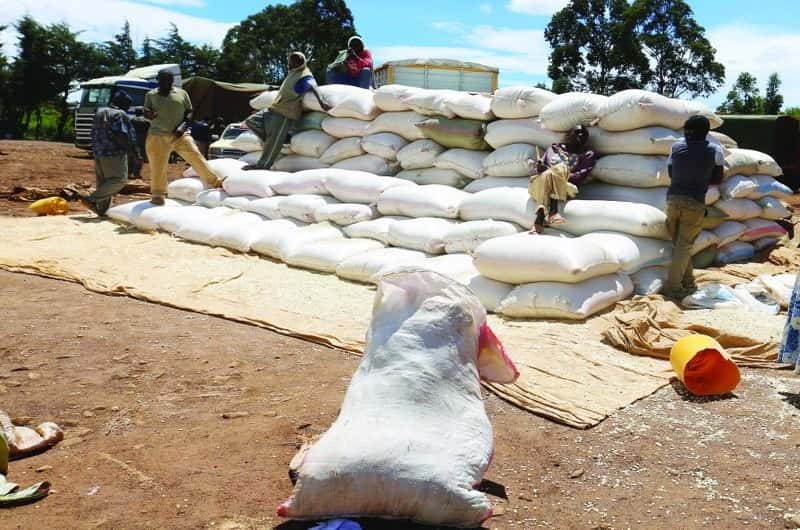×
The Standard e-Paper
Join Thousands Daily

Workers pack maize into bags in readiness for transportation to storage facilities in Eldoret, Uasin Gishu County. [Peter Ochieng, Standard]
There have been no protests that normally characterise the festive season in the North Rift as farmers push for better prices.